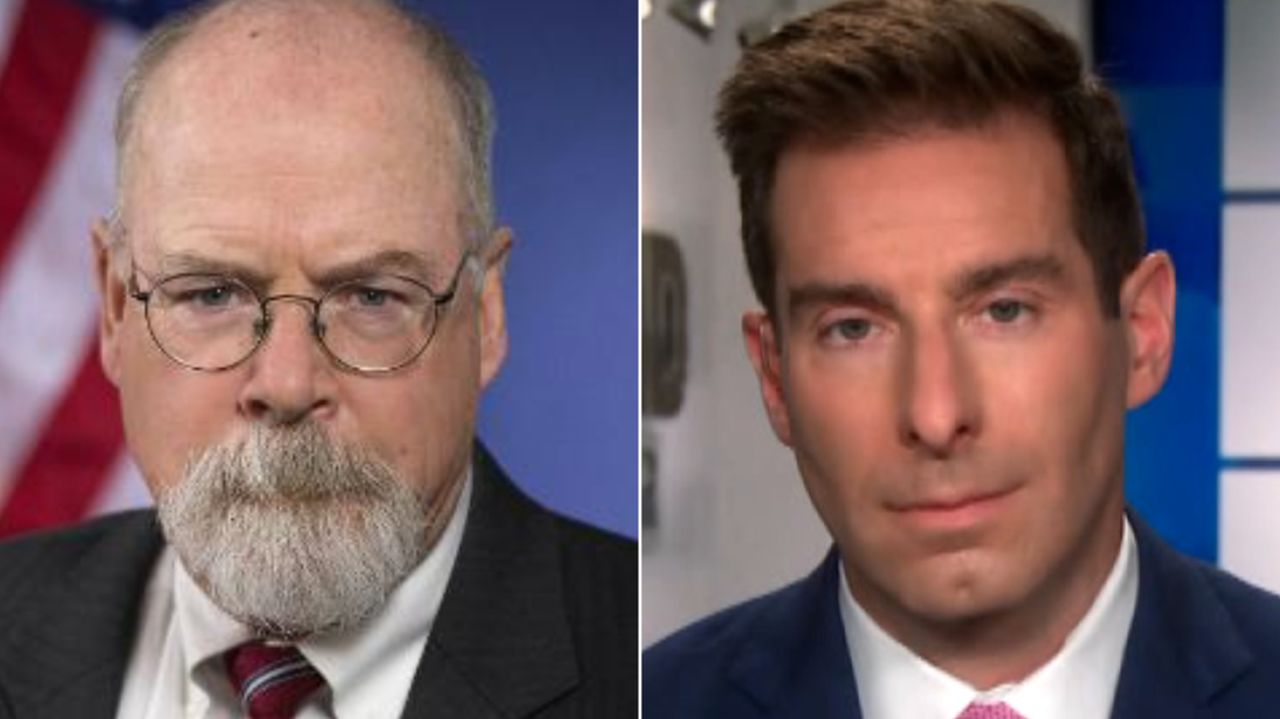Special counsel John Durham concluded that the FBI should never have launched its full investigation into connections between Donald Trump’s campaign and Russia during the 2016 election, according to a report compiled over three years by the Trump-administration appointee and released on Monday.
Durham’s 300-plus page report also states that the FBI used “raw, unanalyzed, and uncorroborated intelligence,” to launch the “Crossfire Hurricane” investigation into Trump and Russia but used a different standard when weighing concerns about alleged election interference regarding Hillary Clinton’s campaign.
The special counsel, however, did not recommend any new charges against individuals or “wholesale changes” about how the FBI handles politically charged investigations, despite strongly criticizing the agency’s behavior.
“Based on the review of Crossfire Hurricane and related intelligence activities, we conclude that the {Justice} Department and FBI failed to uphold their important mission of strict fidelity to the law in connection with certain events and activities described in this report,” Durham wrote.
The report also concludes that “at least on the part of certain personnel intimately involved in the matter” there was “a predisposition to open an investigation into Trump.”
Durham’s findings that the FBI’s investigation into the Trump campaign should not have happened are at odds with a previous Justice Department inspector general investigation into the FBI’s Russia probe, which identified problems with the investigation but concluded in December 2019 there was sufficient justification to open the inquiry.
Attorney General Merrick Garland sent Durham’s report to congressional lawmakers and released the report on Monday.
In a letter to Congress accompanying the report, Garland said, “Special Counsel Durham’s unclassified report is attached in full as submitted to me, without any additions, redactions, or other modifications.”
Durham’s conclusions condemning the FBI’s investigation into Trump is sure to fuel the debate about Russia, Trump, the FBI and the 2016 presidential election that is still swirling more than six years after and as Trump is campaigning once again for the White House.
The investigation was launched in May 2019 by Trump’s former Attorney General William Barr — a probe that Trump and his right-wing allies repeatedly predicted would “investigate the investigators” and lead to bombshell indictments of those who scrutinized the former president. Four years later, Durham’s investigation yielded one minor conviction, two losses at trial and a probe that fell short of the lofty goals set by the former president.
Durham only secured one conviction: the guilty plea of a low-level FBI lawyer, Kevin Clinesmith, who avoided jail after admitting to doctoring an email about a surveillance warrant. Durham’s other two prosecutions — against a Hillary Clinton campaign lawyer and the primary source for the Trump-Russia dossier — ended with embarrassing acquittals.





